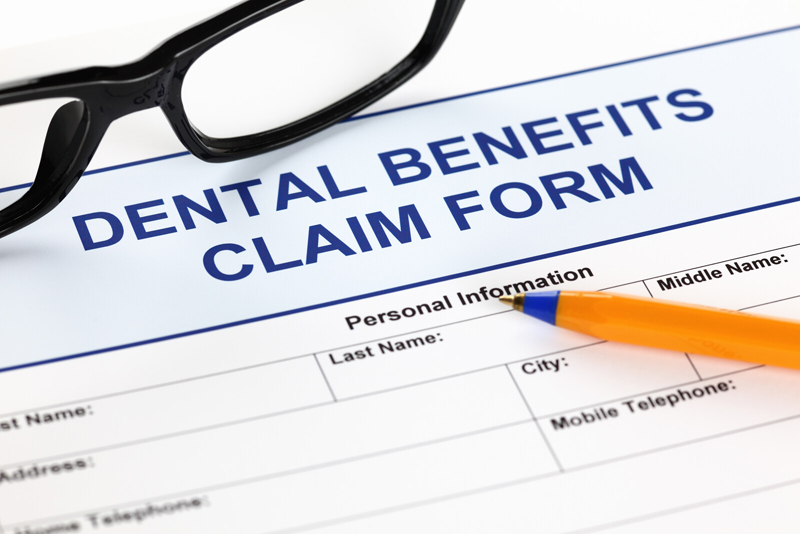Dental injuries sustained at the workplace may be compensable and would entail a medical record review to understand the nature and extent of the injury. From the point of view of workers’ compensation, it is important that any injury including dental injury at work is immediately reported to a superior. Compensation may be available for medical bills, time off from work, and mileage or trips to and from dentist/doctor appointments related to the workplace injury. Though more infrequent than other types of workers’ compensation claims, dental claims are more challenging, more complicated, and more expensive.
Dentists may find it difficult to manage a workers’ compensation dental claim. However, such claims are a good source of income for the dental practice, and a great resource for patients who need good dental care. Often, patients who come in for treatment related to workers’ compensation claims become new patients in the practice. Dentists treating patients who have applied for, or are on, workers’ compensation must know some important things such as the following:
- It is vital to determine if the injury occurred on the job. If the injury was caused by trauma, it is crucial to find out for instance, how the teeth got knocked out, or how the worker got a chipped tooth and so on. In case of a dental issue without trauma, causation for the work-related injury can be identified via a clinical exam.
- Workers’ compensation regulations are specific to each state. If a patient is not a resident of the state where the dental practice is located, then the guidelines applicable are those of the state in which the patient lives and works.
- Obtain clear guidelines right at the beginning itself: Dentists can utilize support services that can provide guidance regarding the appropriate procedures to be followed and also about speeding up the payment. Since credentialing is important for dentists, the support service can credential the dentist and communicate with the workers’ compensation payer at an early stage itself. This will help in getting the claim approved quickly.
- Ensure that the patient’s complete medical history is obtained at the first consultation and the oral cavity examined in detail when evaluating the initial injury. This is important from the point of view of any ensuing medical record review. Sometimes, patients complain of dry mouth that makes it difficult for them to eat, speak, swallow etc. If the patient’s problem such as TMD (Temporomandibular disorder) / TMJ (Temporomandibular joint) or dry mouth are caused by a work-related injury, these conditions and their resultant complications are compensable.
- When an employee sustains an injury at the workplace that affects his/her capabilities such as speaking and eating or affects the facial structure, the employer/workers’ compensation insurer has the responsibility of restoring the lost functionality if possible.
- Determine if the conditions experienced by the worker are related to the injury. Some conditions that may not be typically associated with workers’ compensation could in fact be work-related or related to the treatment provided for the work-associated injury. If that is the case, those conditions become compensable. For instance, a TMJ disorder stemming from a workplace accident or post-traumatic stress may be compensable. TMJ is a costly dental claim, and this condition can affect other muscles in the shoulders, back, and neck.
- Insurance authorization is very important. After forming a clinical treatment plan and having distinguished between injury-related and pre-existing conditions, the dentist should send the recommendations to the insurance adjuster at the workers’ compensation insurance firm for authorization. For a dentist who is part of a workers’ compensation provider network, the clinical management team will explain the dental services outlined in the plan to the adjuster.
- Fill up all required forms and documentation and make them available to the adjusters in a timely manner. This will help with speedy approval and avoid unnecessary delays in treatment for the injured worker.
A workers’ compensation attorney can provide the necessary counsel to dentists regarding the various rules and regulations relevant to the claim. Attorneys utilize medical records services to understand the various medical facts involved in the dental claim and are well-equipped to defend the claim. They can also provide the right recommendations regarding best practices to be followed when handling a workers’ compensation claim.




